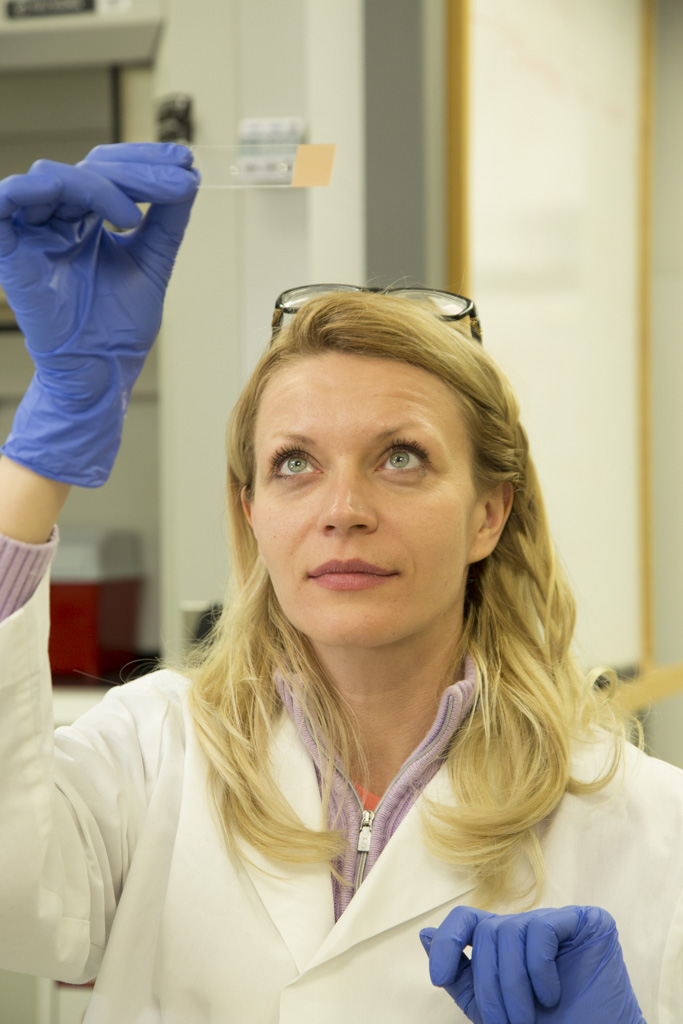 The Department of Emergency Medicine at the University of Maryland School of Medicine is deeply committed to advancing the practice of emergency medicine through research. Emergency medicine is a relatively new medical specialty with extensive frontiers for new knowledge. By performing research and educating the researchers of tomorrow, we add to the breadth of knowledge regarding the treatment, outcome, and prevention of medical emergencies.
The Department of Emergency Medicine at the University of Maryland School of Medicine is deeply committed to advancing the practice of emergency medicine through research. Emergency medicine is a relatively new medical specialty with extensive frontiers for new knowledge. By performing research and educating the researchers of tomorrow, we add to the breadth of knowledge regarding the treatment, outcome, and prevention of medical emergencies.
Through the Maryland Emergency Medicine Network, our emergency medicine faculty and residents staff 14 emergency departments in urban, suburban, and rural settings across the state. Three of those EDs are located within a few blocks of each other in downtown Baltimore: at the University of Maryland Medical Center (annual census 53,000), the Baltimore Veterans Administration Medical Center (annual census 32,000), and Mercy Medical Center (annual census 66,000). The statewide network and the proximity of three busy, inner-city facilities, and their combined patient populations, create vast research opportunities.
Institutional relationships broaden the range of research opportunities for our faculty and residents. The Department of Emergency Medicine has long-standing associations with the Department of Epidemiology and Preventive Medicine, the Department of Neurology, the National Study Center for Trauma and Emergency Medical Systems, the Maryland Institute for Emergency Medical Services Systems, and the R Adams Cowley Shock Trauma Center.
The University of Maryland Department of Epidemiology and Preventive Medicine (DEPM) has been a major source of research education for our faculty and fellows. Our EMS and research fellows take classes in epidemiology and biostatistics offered by DEPM. The Department of Emergency Medicine and DEPM have collaborated on a number of funded projects over the years.

The Charles McC. Mathias, Jr., National Study Center for Trauma and Emergency Medical Systems (NSC) was designated by the United States Congress in 1986 to serve as a focal point for research related to trauma, emergency medicine, and emergency medical systems. The Study Center is the research arm for the Shock, Trauma and Anesthesiology Research organized research center (STAR-ORC), the R Adams Cowley Shock Trauma Center, and the Maryland Institute for Emergency Medical Services Systems. The results of NSC studies have been used to improve vehicular safety, refine patient care, and develop public education programs. Emergency medicine faculty and residents are welcome to explore research collaborations with the internationally recognized epidemiologists, physicians, statisticians, and database coordinators on the NSC staff. Studies conducted by the NSC are funded by an array of sources: the U.S. Department of Transportation, the National Institutes of Health, the Robert Wood Johnson Foundation, and the Centers for Disease Control and Prevention.
The Maryland Institute for Emergency Medical Services Systems (MIEMSS) oversees and coordinates all components (training, certification, communication transportation) of the statewide EMS system. Its administrative offices are located on the campus of the University of Maryland, Baltimore. The Department of Emergency Medicine sponsors an EMS fellowship that offers training in emergency medical response through MIEMSS. Several MIEMSS administrators are members of the emergency medicine faculty.
The R Adams Cowley Shock Trauma Center is the busiest and best known trauma center in the world. Located on the campus of the University of Maryland, Baltimore, Shock Trauma admits 8,000 patients every year. Emergency medicine residents have rotations in the shock trauma center, where they learn state-of-the-art trauma management skills from the specialty’s most accomplished and renowned trauma surgeons, anesthesiologists, and critical care specialists.
The Department of Emergency Medicine offers an EM clinical research fellowship.
This 2-year program combines clinical practice with one of our core sites with didactic instruction through the University of Maryland DEPM.
A masters degree in clinical research is available.
Contact Stephen Thom, MD, PhD for more information.
